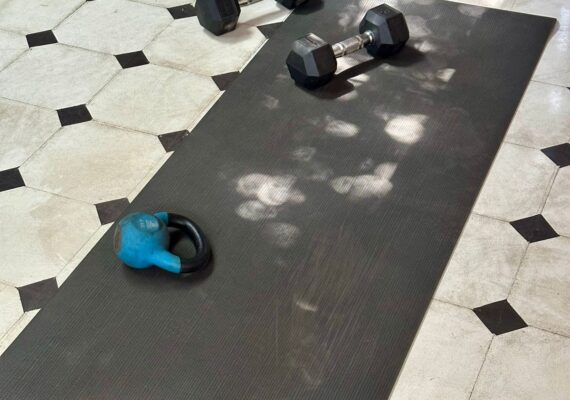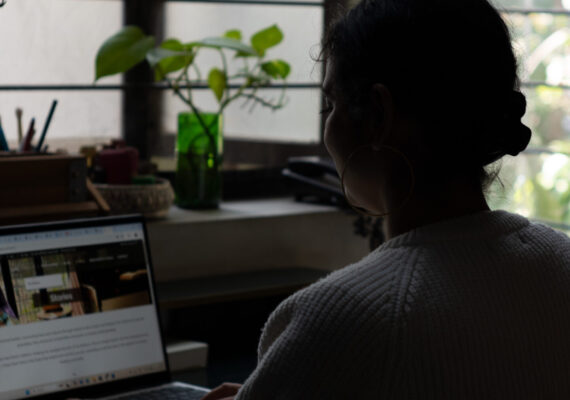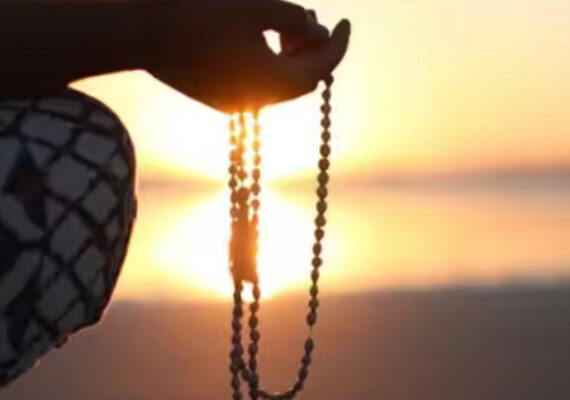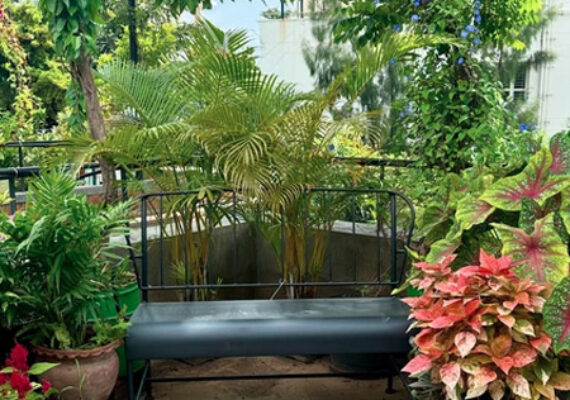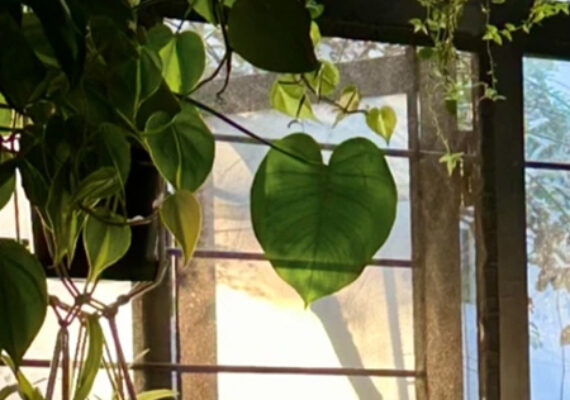
I’ve been dancing since I was five. To be honest, at that age, I wasn’t exactly overflowing with conscious awareness about wanting to be a dancer. I just loved moving to any rhythm, responding to the beat. I still do, even to K-POP! But I vividly remember grooving to ABBA—that’s where it all began. It was probably more my parents’ dream than my own at first. I’m sure many dancers of my generation started this way. Our parents saw us dancing to some music, and since Bollywood wasn’t as dominant 40 years ago, they thought, “Why not classical dance?”
Somewhere along the way, as the years rolled on, something shifted. It wasn’t just about moving to music anymore. Dance became a part of something bigger than myself—a tribe, a sense of belonging, a place to hone my skills. For many of us, it gave us confidence as young women, pushing us both physically and emotionally. Dance exposed us to human stories, to emotions we might not have otherwise encountered, and allowed us to celebrate our femininity. And let’s not forget the costumes and temple jewelry—no Versace can compete with that! It wasn’t just about aesthetics. It was an education in art, in beauty, and in understanding life through a refined lens. The thrill of being on stage? That magical feeling is priceless. Dance became a part of our identities long before the titles of wife or mom came along.
As I got older, continuing my dance practice without the goal of performing became a recurring topic of conversation among my senior dancer friends. We began asking ourselves, why do we dance? If we never performed again, if we never got that one prestigious program we all dreamed of, if no one ever validated our technique or cared whether our aramandi was perfect or whether our thishra stayed on beat—would it matter?
Would we still dance? Would the desire remain the same?
If no one liked, tagged, wowed, or cheered—if the applause fell silent—would we still get up every day to practice? Perhaps we would, or perhaps we wouldn’t. But it’s a question worth asking. How do we know if dance is meant for us? Was it our true calling, or was it a social or parental desire we adopted? Even if it started as something we truly wanted, would we still want it without acknowledgment or validation?
For all dancers who’ve walked this path, it’s a question worth pondering. Yet, despite all these questions, I still think the high of practicing a varnam jathi is worth the journey! Maybe that’s why we keep dancing. We’ll still be dancers, whether the world watches or turns away—when everything falls apart, or when everything stays in place.
Maybe that’s the real reason we pursue art. As an anchor. Hmmmm…

